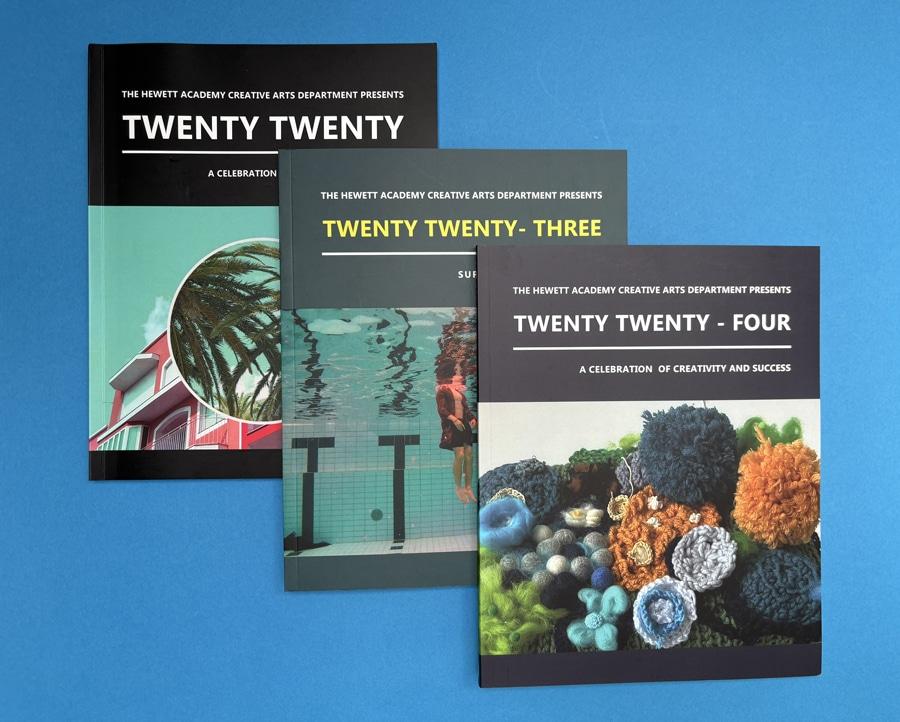Top Skills and Career Paths for E-Learning Developers in 2024
Introduction
As digital change accelerates across the educational landscape, the demand for skilled E-Learning Developers is rising at universities, colleges, and schools worldwide. Whether you have a background in education or technology, a career in education technology (EdTech) offers dynamic opportunities to innovate, support educators, and enhance student learning experiences. In this article, we reveal the top skills required for E-Learning Developers in 2024, explore promising career paths in EdTech, and offer practical advice for job seekers eager to break into or advance within this fast-growing field.
What Does an E-Learning Developer Do?
E-Learning Developers design, create, and maintain interactive educational content for online and hybrid learning environments. They work closely with instructional designers, educators, and technology specialists to deliver engaging and effective e-learning experiences. Their responsibilities may include:
- Developing online courses and modules using learning management systems (LMS) like Moodle, Canvas, or Blackboard.
- Creating multimedia content, including videos, animations, and interactive simulations.
- Implementing instructional design best practices to ensure successful learning outcomes.
- Testing and updating courses based on learner feedback and technological advancements.
- Ensuring accessibility compliance with standards such as WCAG and Section 508.
Top Skills for E-Learning Developers in 2024
To thrive as an E-Learning Developer, you’ll need a mix of technical, creative, and soft skills. The education technology sector values adaptable professionals who can bridge the gap between pedagogy and technology. Here’s what employers are looking for:
Technical Skills
- Learning Management Systems (LMS) Expertise: Proficiency in configuring and managing popular LMS platforms.
- Authoring Tools: Hands-on experience with tools like Articulate Storyline, Adobe Captivate, SCORM, and H5P to design interactive content.
- Web Development: Fluency in HTML5, CSS, JavaScript, and responsive design to customize e-learning modules and solve compatibility issues.
- multimedia Production: Skills in video editing, audio production, and graphic design using software such as Adobe Creative Suite or Camtasia.
- Accessibility Implementation: Knowledge of digital accessibility standards and tools to support all learners.
- Data Analytics: Familiarity with tracking student performance and platform engagement using analytics tools and dashboards.
- Integration with EdTech Tools: Experience integrating third-party tools, APIs, and plugins to enrich course delivery.
Instructional Design Skills
- Learning Theory: Understanding of adult learning principles, Bloom’s taxonomy, and worldwide design for learning (UDL).
- Course Mapping and Content Structuring: Ability to break down complex topics, outline learning objectives, and create assessments.
- Storyboarding: Organizing course flow and multimedia elements prior to development.
Soft Skills
- Project Management: Managing timelines, resources, and stakeholders efficiently.
- Collaboration: Working in multidisciplinary teams with subject matter experts, educators, and IT staff.
- Problem-Solving: Navigating technical challenges and creatively enhancing learner engagement.
- Communication: Explaining complex technical concepts and gathering requirements from non-technical stakeholders.
- continuous Learning: Staying updated with emerging EdTech trends and adopting innovative practices.
Career Paths for E-Learning Developers
The field of education technology unlocks diverse and rewarding career paths for E-Learning Developers. Here are some of the most in-demand roles in 2024:
-
E-Learning Content Developer:
Design and develop digital learning resources, interactive modules, and multimedia content for education or corporate clients.
-
Instructional Designer:
Apply learning theory to craft effective instructional materials and advise on pedagogical strategies.
-
LMS Administrator:
Manage the technical and administrative operations of learning management systems within an institution.
-
Multimedia Specialist:
Create high-quality visuals, animations, audio, and video content to support e-learning projects.
-
Learning Experience Designer:
Focus on optimizing the overall learner journey and enhancing user experience across all touchpoints.
-
EdTech Project Manager:
coordinate cross-functional teams to deliver large-scale educational technology projects on time and within budget.
-
Accessibility Specialist:
Ensure e-learning materials comply with accessibility standards and provide equal learning opportunities for all.
With experience, E-Learning Developers can advance into senior technical roles, leadership positions, or consulting. Universities, colleges, K-12 schools, educational publishers, corporate training firms, and edtech startups all seek qualified E-Learning experts.
Benefits of Working in education Technology
- Impactful Work: Shape the future of education by making learning accessible, engaging, and personalized.
- High Demand: As online and blended learning expands, the need for E-Learning Developers continues to grow globally.
- Remote and Flexible Opportunities: Many EdTech roles offer flexible schedules and the ability to work remotely.
- Continuous Innovation: Work with the latest digital tools, artificial intelligence, and pedagogical approaches.
- Professional Growth: Diverse roles, certifications, and advancement opportunities for ongoing development.
Practical Tips for landing an E-Learning Developer Role
- Build a Strong Portfolio: Showcase completed projects, course samples, storyboards, and multimedia content online to demonstrate your skills.
- Earn Relevant Certifications: Obtain credentials in instructional design, specific LMS platforms, or accessibility standards to stand out.
- Network with EdTech Professionals: Join online communities, attend virtual conferences, and connect with mentors in the industry.
- Stay Current with Emerging Trends: Follow EdTech news, experiment with new tools like VR, AR, and gamification, and participate in webinars.
- Demonstrate soft Skills: Highlight collaboration, problem-solving, and adaptability in your applications and interviews.
- Pursue Internships or Freelance Projects: gain hands-on experience by volunteering or taking freelance contracts within educational organizations.
- customize Your Resume: Tailor your CV and cover letter to prioritize the required skills for each EdTech job posting.
conclusion
The role of the E-Learning Developer is more critical than ever as educational institutions adopt innovative digital technologies to meet the needs of today’s learners.By developing a strong blend of technical, instructional, and soft skills, you can launch or elevate your EdTech career in 2024 and beyond. Explore pathways in content development, instructional design, project management, and accessibility – and take advantage of flexible, high-impact roles at universities, colleges, and schools.With the right approach and a passion for lifelong learning,your future as an E-Learning Developer is shining.

